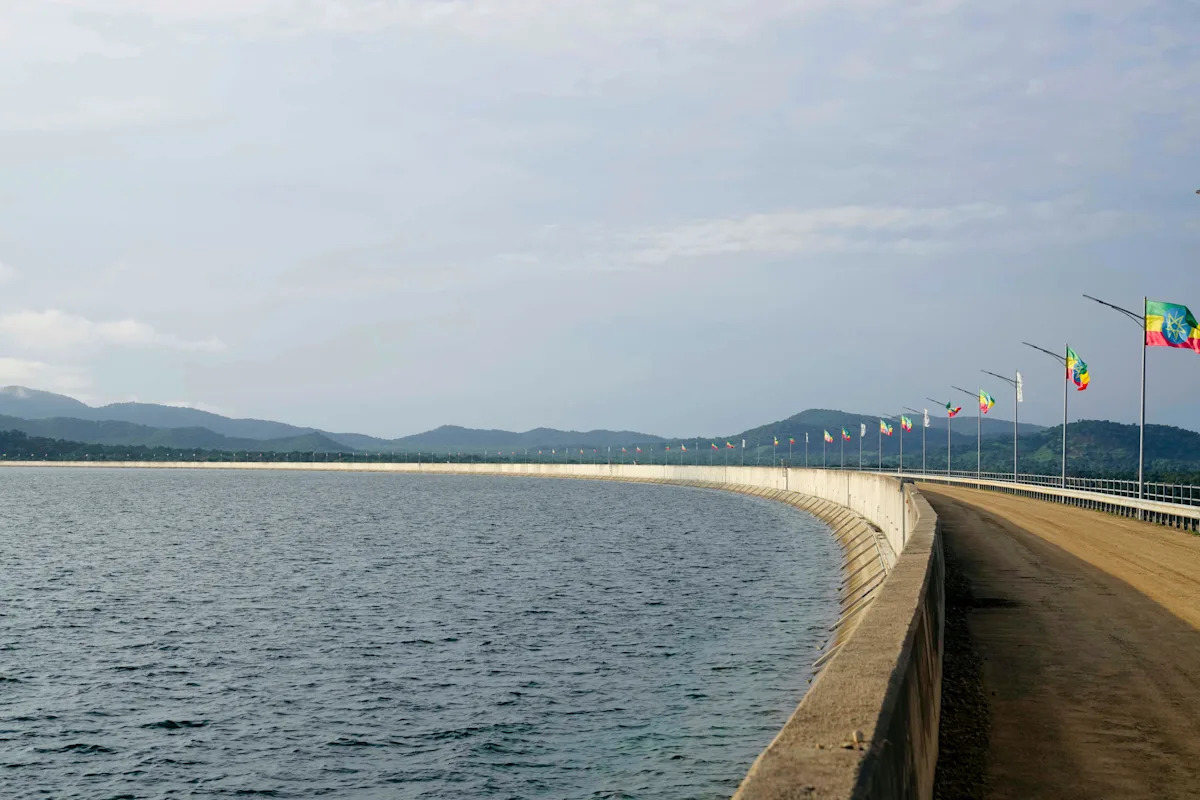
CAIRO (AP) — Sudan issued what it described as a “red alert” warning of potential floods in five provinces along the Nile River, citing rising water levels in its two main tributaries, the Blue and White Nile.
The Sudanese irrigation ministry issued the alert Sunday and it remained in effect Monday. The ministry urged residents in Khartoum, River Nile, White Nile, Sennar, and Blue Nile provinces to practice caution as floods may affect agricultural lands and houses.
Some farmers in the River Nile province were forced to quickly sell their onion crops as flooding was reported in lowland areas, which would affect farming, Shendi Now, a Facebook site, reported recently.
The Sudanese irrigation ministry warned Sunday that water flow has been high for four consecutive days as dams in the area discharged excess water. The water levels were expected to decrease throughout the week.
The situation is the result of a man-made error, said Abbas Sharaky, a Professor of Geology and Water Resources at Cairo University.
Ethiopia earlier this month inaugurated the Grand Ethiopian Renaissance Dam, Africa’s largest dam, to boost the economy. The nearly $5 billion dam, located on the Blue Nile tributary of the Nile River near Ethiopia’s border with Sudan, will produce more than 5,000 megawatts and is expected to double Ethiopia’s electricity generation capacity, according to officials.
Although Sudan benefits from the dam’s water flow during the agricultural season, “the current situation is causing more harm than good because harvest season almost ended,” Sharaky said. He added that the Grand Ethiopian Renaissance Dam, also known as the GERD, wasn’t emptied gradually as it stored water during Ethiopia’s rainy season between June and August, which also burdens the dam.
Four turbines that were supposed to help reduce the dam’s reservoir failed to operate, preventing Ethiopia from releasing excess water, which led to excessive water flow into Sudan this week, Sharaky said.
“Ethiopia was stubborn and has repeatedly said that the dam’s turbines are working, but seeing the stored water not decreasing says otherwise,” Sharaky said.
Egypt says Ethiopia has consistently lacked the political will to reach a binding agreement on the dam, undermining the Nile River water rights of Egypt and Sudan.
Ethiopian Water Minister Habtamu Itefa Geleta said during the inauguration of the GERD that flooding had been reduced in Sudan as a result of the dam storing water during the rainy season.
Disclaimer: This news has been automatically collected from the source link above. Our website does not create, edit, or publish the content. All information, statements, and opinions expressed belong solely to the original publisher. We are not responsible or liable for the accuracy, reliability, or completeness of any news, nor for any statements, views, or claims made in the content. All rights remain with the respective source.
